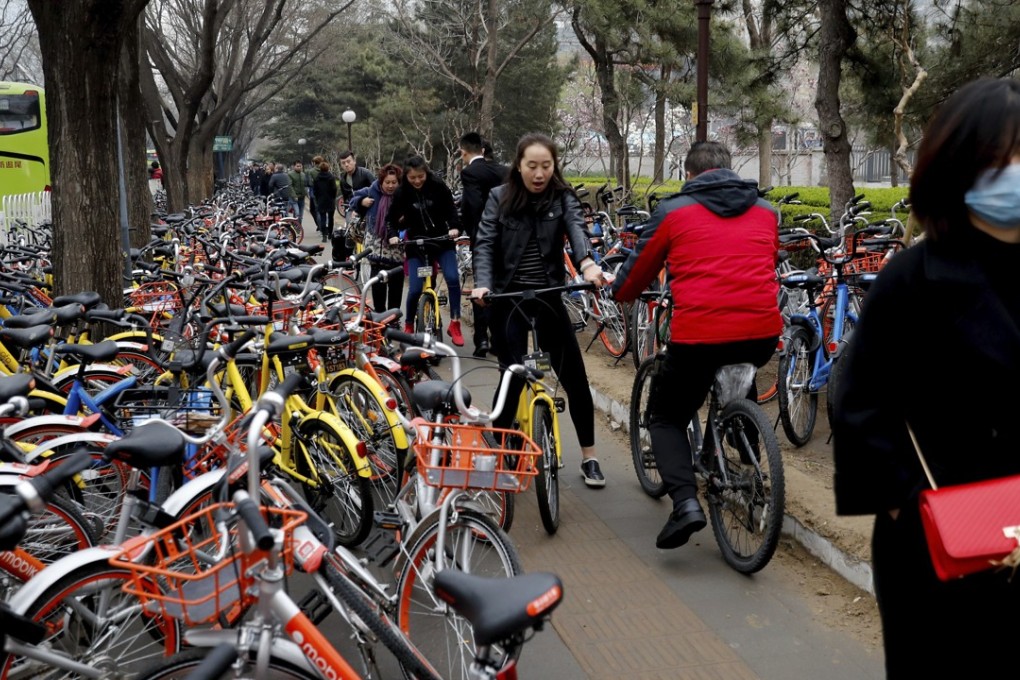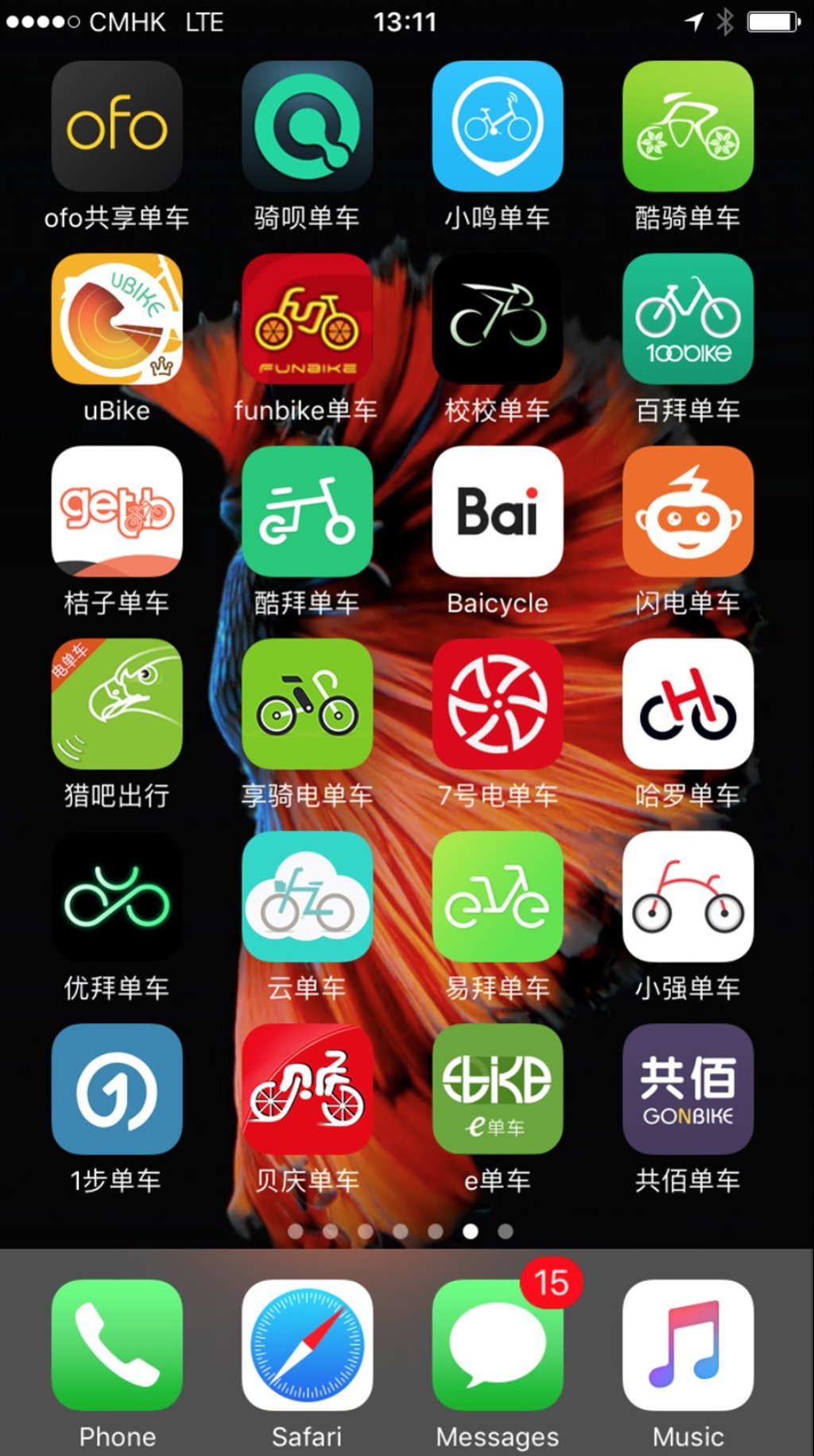New | China orders bicycle sharers to be named, insured, and older than 12 years
Chinese authorities have released the first set of rules to regulate the country’s bicycle-sharing apps, where more than 30 companies have sprouted in less than a year.

China’s government has stepped into the country’s bicycle-sharing industry, issuing its first set of rules to instil discipline and best practice, after more than 30 companies sprouted in major cities in less than a year, creating a multibillion yuan industry with millions of users but with a multitude of social issues and annoyances.
Users must be older than 12 years, and be insured for personal accidents and third-party liability. Any illegal acts committed, or “uncivilised behaviour” will be recorded and leave a mark on the user’s credit record, according to the rules.

multicoloured conveyances to distinguish their apps. They have been popular as so-called “last mile” transportation to subway stations and major transportation hubs, especially in notoriously congested urban centres like Beijing and Shanghai.
Mobike, whose orange bicycles share roughly equal dominance of Beijing’s streets with Ofo’s yellow conveyances, reportedly gets 20 million rides everyday.